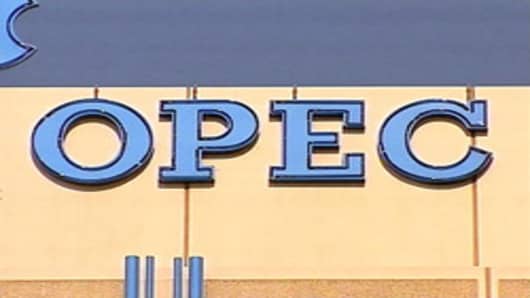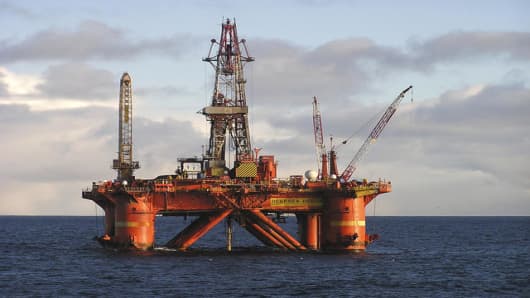To redress the fiscal balance, many members, such as Kuwait, Nigeria, Angola, Ecuador and some say Iran, have also cut their domestic spending in lock step with production.
Official figures are unavailable, but the various OPEC members have widely divergent requirements, with Qatar needing as little as $10 a barrel and Venezuela requiring 10 times as much, analysts have estimated.
In terms of the narrow economics of getting their oil out of the ground, it costs less than $10 a barrel to pump in the Middle East and at least double that elsewhere.
In addition to spending billions on oil and gas projects, some OPEC members, especially those with big populations, have to contend with high social costs and ambitious public projects.
Venezuelan President Hugo Chavez's lavish public spending plans require oil prices of around $100 and Iran needs roughly $90, in part because of its presidential election this year.
"For Iran and Venezuela, their main recourse is to draw down their accumulated reserves, but these are not as plentiful as in Gulf Cooperation Countries," said David Kirsch of PFC Energy.
Even within the Arab Gulf states, Kuwait, which has a tiny population, revised its budget to include lower welfare and infrastructure investment.
Saudi Projects at Stake?
Leading exporter Saudi Arabia has pledged to build "economic cities," costing billions of dollars, designed to tackle chronic unemployment and over-reliance on oil.
Analysts say it needs a price of about $50 to avoid deepening its foreign debt.
The desert kingdom has projected a deficit—its first in seven years—of $17.3 billion (65 billion riyals) in 2009.
Saudi has led the cuts, reducing its own output by 2 million bpd from a peak of an estimated 9.7 million bpd last August.
Its production has fallen well below its OPEC target, giving support to the oil market, but doing little to reduce its debt.
John Sfakianakis at HSBC's Saudi unit SABB bank said Saudi Arabia would still be in deficit if it pumped 7.7 million bpd all year and oil averaged around $45—above current levels.
Other OPEC members, either because they do not have pressing financial requirements or because they think it would be better to pump as much as possible to maximise revenue, are happy to let Saudi Arabia do the work.
"OPEC still needs to cut another million, but naturally they would all feel better if they leave the heavy lifting to Saudi Arabia," said a Saudi insider, who requested anonymity.
OPEC's smallest producer, Ecuador, has said there would be no benefit in further cuts when the group meets in Vienna on March 15. Algeria has also downplayed the need for action.
Bucking a global trend for cost-cutting, the North African producer has said it would increase spending and some analysts have said it could break even with oil below $20.
Individual members' budgets had much less influence over collective supply policy during the six years when the oil price boomed, as all enjoyed surpluses.
Setting aside now pressing price needs, OPEC has in the past found it harder to maintain output discipline as production curbs have deepened.



